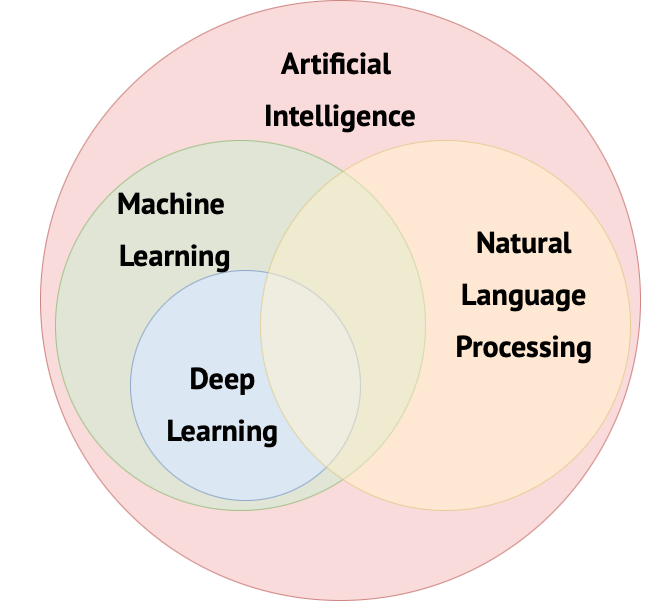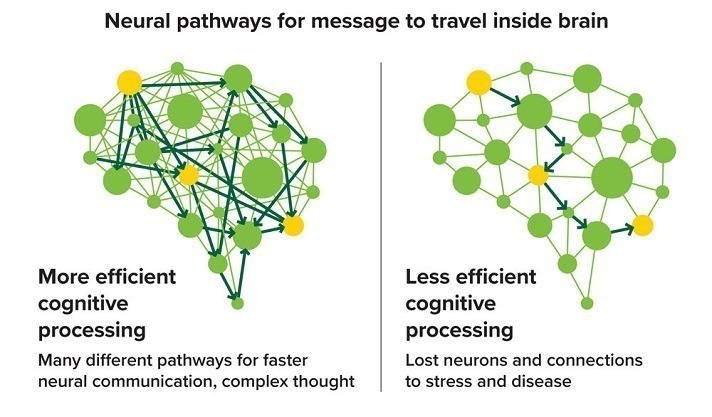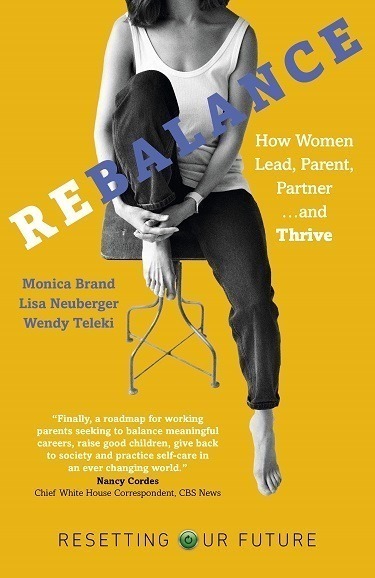Posts Tagged ‘dementia’
Fully-automated analysis of voice recordings–from neuropsychological tests–found to help differentiate normal cognition from dementia and mild cognitive impairment
Voice Recordings Spot Cognitive Impairment (MedPage Today): A machine-learning model identified mild cognitive impairment and dementia from digital voice recordings of neuropsychological tests, an early study showed. Among 1,084 people in the Framingham Heart Study whose tests were recorded, the average area under the curve (AUC) reached 92.6% for differentiating normal cognition from dementia, 88.0% for…
Read MoreStudy: Building cognitive reserve helps delay memory and thinking decline regardless of genetic or childhood markers
Building cognitive reserve could protect against memory and thinking decline, even with low childhood cognition scores (Alzheimer’s Research UK): New research suggests that people who develop high ‘cognitive reserve’ by the time they reach 69 years old may reduce their likelihood of memory and thinking decline, even with low childhood cognitive abilities. The study was…
Read MoreNew book provides practical guidance for women (and men) to rebalance our lifestyles and build Cognitive Reserve
On one of our “walk and talks” around the lush trails of Rock Creek Park in DC surrounded by bikers, runners, cars and the occasional deer, Wendy and Lisa talked about aging. Wendy’s mother, who had her children in her early 20s, was still joining the family’s grueling summer hikes with her children and nine…
Read MoreGeisinger and Eisai to test real-world validity of AI-powered Passive Digital Marker (PDM) in detecting early cognitive impairment and dementia
Research collaboration will test novel algorithm’s effectiveness on Geisinger data (press release): Geisinger and Eisai Inc. today announced a collaborative effort to study the potential effectiveness of an artificial intelligence (AI) tool in the detection of cognitive impairment that could identify dementias, including Alzheimer’s disease (AD). If effective, the AI tool could potentially be developed…
Read MoreThe Do’s and Don’ts of Harnessing Technology (and Anxiety) for Good
Welcome to a new edition of SharpBrains’ e‑newsletter, featuring important brain & mental health news plus a few fun brain teasers to test your reasoning skills and more… #1. Challenge ahead: Harnessing technology for good mental health “Technology can not only help us grow out of unhealthy habits, it is also possible to expand human mental…
Read MoreExploring links between hearing loss, dementia and the ‘cognitive reserve’ — plus the role of hearing aids
How does your hearing affect dementia risk? (Alzheimer’s Research UK): With around 1 million people affected by dementia in the UK, and 12 million people estimated to have a type of hearing loss, it’s never been more important to understand this link. One way that hearing loss and dementia could be linked is through our blood…
Read More





